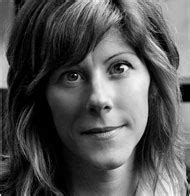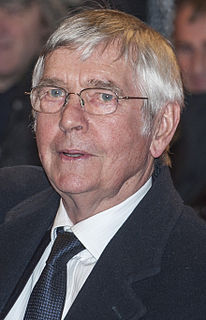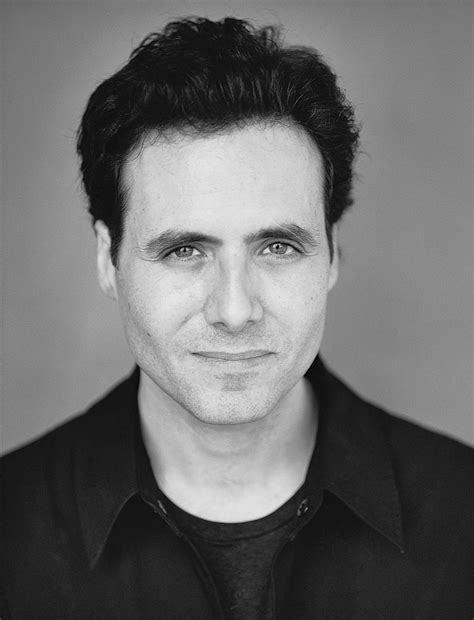A Quote by Chris Pavone
Although I did admire David Foster Wallace's final unfinished novel about boredom, I'm no DFW, and I want my books to be exciting, not boring.
Related Quotes
There are authors like David Foster Wallace or Raymond Chandler - with voice-based authors I might end up a completist, because what I love about them isn't just the particular construction of one novel or another but their flavor. There is an Austrian writer, Thomas Bernhard, as well. One book is not necessarily greater than another book, but they just have this incredible, unique voice, so it doesn't really matter which one you read.
David Foster Wallace was a brilliant experimentalist who I deeply admire. His ability to do formalism helped me understand how to tackle stories like "Dictionary" and "Failed Revolution." "Dictionary," in particular, functions against narrative in many ways - each of the definitions are their own mini-story or prose poem, and the collection of them adds up to create a different effect than the traditional Freytagian Pyramid story.
David Foster Wallace: I think one of the insidious lessons about TV is the meta-lesson that you’re dumb. This is all you can do. This is easy, and you’re the sort of person who really just wants to sit in a chair and have it easy. When in fact there are parts of us, in a way, that are a lot more ambitious than that. And what we need, I think—and I’m not saying I’m the person to do it. But I think what we need is seriously engaged art, that can teach again that we’re smart. And that there’s stuff that TV and movies—although they’re great at certain things—cannot give us.






































